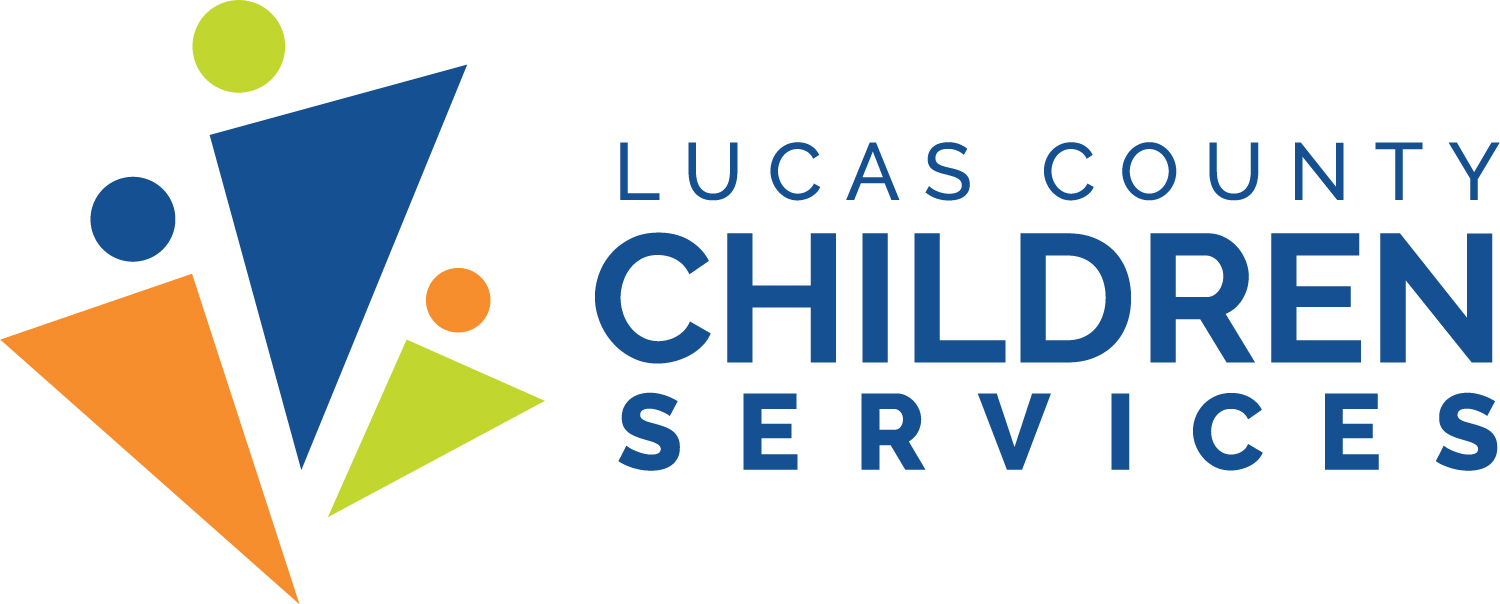Every child deserves a permanent, stable home. However, there may be circumstances in your family that may concern the Juvenile Court, and the court may respond by awarding custody on a temporary, legal, or permanent basis.
Understanding Custody
Temporary Custody
Juvenile Court awards temporary custody to Children Services or to relatives on an interim or short-term basis.
If the court awards temporary custody to a relative, the custody lasts for one year, unless the court terminates it earlier. The court may also grant two, six-month extensions. At the end of 24 months of temporary custody, a more permanent plan must occur: reunification with parent(s); legal custody to a relative or non-relative; or permanent custody to the agency so the child could become eligible for adoption.
The child is the responsibility of the temporary custodian.
Children Services will remain involved as long as the relative maintains temporary custody.
Legal Custody
If you are awarded legal custody of a child, you are responsible for rearing that child until (s)he reaches adulthood. Adulthood is usually reached when children turn 18 or graduate from high school, unless they are mentally or physically handicapped. You will be expected to rear the child yourself. This responsibility cannot be given to someone else, including the biological parents, unless the court orders custody to someone else. You cannot return the child to his/her biological parents without a court order.
During the time you have legal custody, the court may order the child’s biological parents to pay you child support. And, if you are related to the child, you may be eligible for OWF (Ohio Works First) assistance.
Also during the time you have legal custody, the biological parents have the right to visit with the child. The court will decide what the visitation arrangements will be and, in some cases, the court may decide that the biological parents are not allowed to visit at all. You must always follow the orders of the court. The grandparents of the child may also have the right to visit the child.
During the time you have legal custody, the child cannot be returned to the biological parents without a court order. If the biological parents ask the court to return the child to them, you will have the opportunity to provide input before the court makes a ruling. If you are not willing to return the child to the biological parent(s), the child will remain with you unless:
- The biological parent proves to the court that there has been a change in circumstances (i.e. juvenile delinquent, medical condition, etc.) of the child
- The court decides this would be in the best interest of the child.
This means the biological parent must prove that something has changed with how the child is being reared. For example, you could become ill and unable to care for the child or, the child’s behavior has made it difficult for you to continue caring for him or her. The court will not necessarily return the child just because the biological parent has changed.
Permanent Custody
If LCCS asks the court for permanent custody, it is because the agency plans to find an adoptive family for the child. Once the agency receives permanent custody of a child, you may then apply to adopt the child. When you adopt a child, you are responsible for rearing that child until they reach adulthood. Adulthood is usually reached when the child turns 18 or graduates from high school, unless that child is physically or mentally handicapped.
When a child is adopted, the biological parents do not have the right to visit the child. However, you may allow the biological parents to visit if you feel that it is in the child’s best interest. (This also applies to relatives.) The biological parents lose all rights to the child and can never get the child back. Adoption is permanent. Also, the biological parents are not required to pay child support after the child is adopted. However, once adopted the child may still be eligible to receive social security benefits from the biological parent.
If the child you wish to adopt is considered a “special needs” child, you may be eligible to receive state and federal money to help you rear the child. This money is called an “Adoption Subsidy.” If LCCS obtains permanent custody, the agency will provide you with more information regarding this issue.
For legal definitions of custody, see sections 2151.01 (17) and 2151.01 (26) of the Ohio Revised Code.
705 Adams St., Toledo, OH 43604
Directions
Switchboard is answered 24/7
Phone: (419) 213-3200
Fax: (419) 327-3291
Office Hours:
Monday – Friday:
8:00 am – 5:00 pm
Join Our Email List
Receive periodic newsletters and other information about the activities at Lucas County Children Services.


